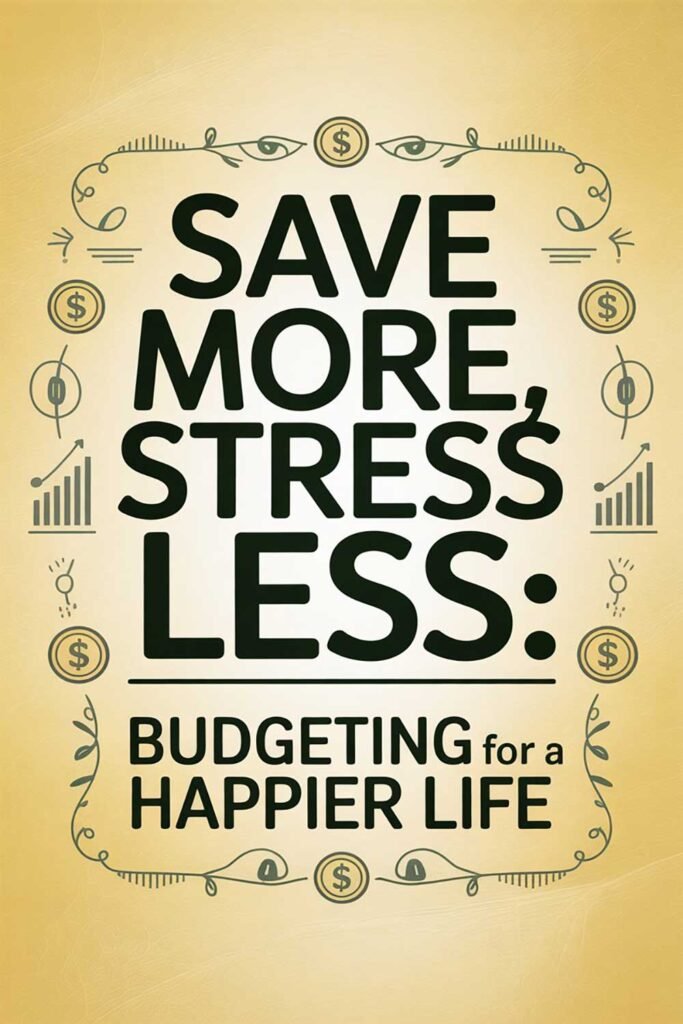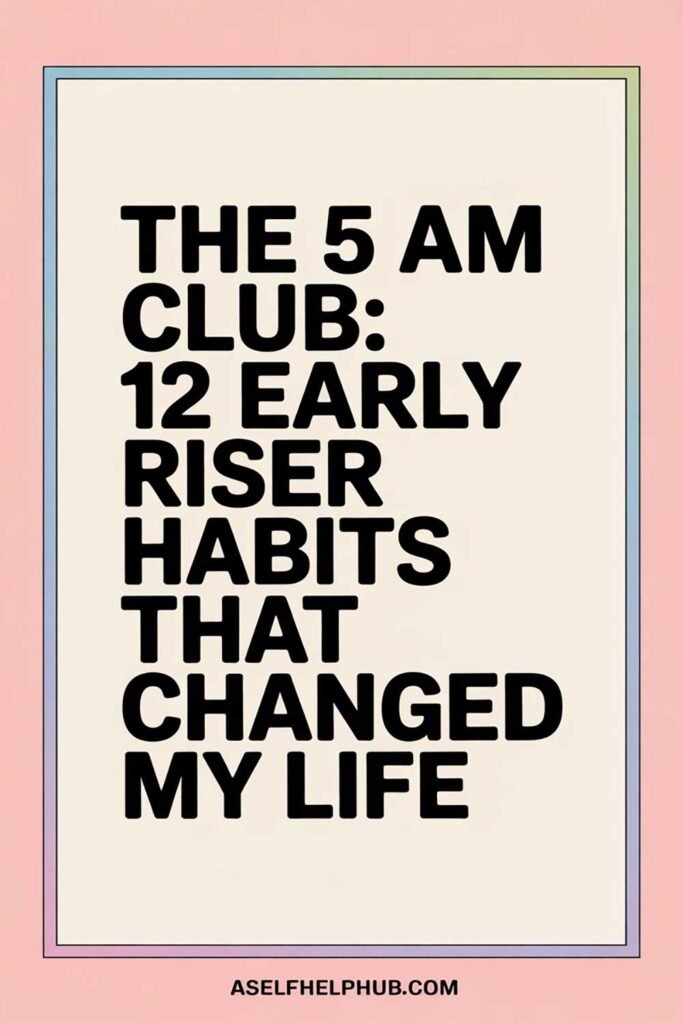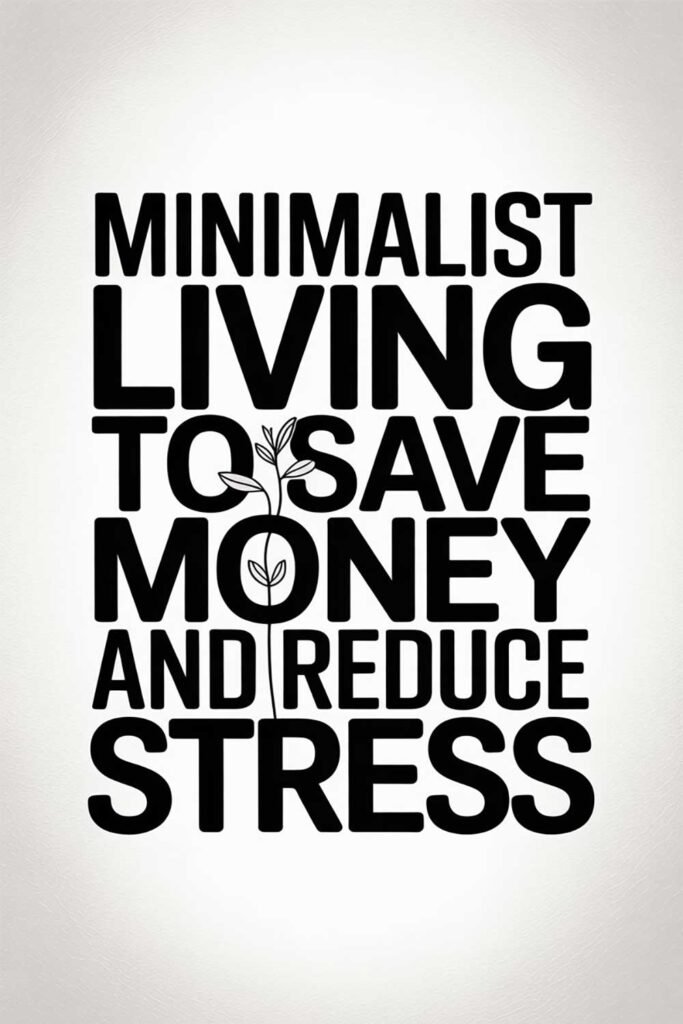15 Creative Ways to Save Money and Still Treat Yourself
When we think of saving money, the first thought is often restriction—cutting back, saying no, and sacrificing enjoyment. But what if you could do both? What if you could save money and still treat yourself regularly? The good news is: you can. With a little creativity and intentionality, it’s completely possible to feel spoiled without breaking the bank.

Here are 15 creative, feel-good ways to save money and enjoy life along the way.
1. Use Cashback Rewards to Fund Fun
How It Works: Use cashback from apps like Rakuten or card rewards to pay for small luxuries.
Example: Megan uses her credit card points each quarter to treat herself to a pedicure or new book without touching her budget.
2. Plan DIY Spa Days at Home
How It Works: Light a candle, run a bath, apply a face mask—and voila, self-care on a budget.
Example: Lisa hosts a monthly “spa night” with her roommates using DIY masks and Dollar Tree candles. Cost: less than $5.
3. Have a Monthly Treat Budget
How It Works: Allocate $10–$25 monthly for guilt-free indulgence.
Example: Steve sets aside $20 every month to spend on a new gadget or comic. It keeps him happy and avoids impulse buys.
4. Score Freebies on Your Birthday
How It Works: Sign up for birthday clubs at restaurants, cafes, and retail stores.
Example: On her birthday, Erica gets a free coffee, a free dessert, and a $10 store credit—all from email signups.
5. Host Potluck Brunches Instead of Dining Out
How It Works: Everyone brings a dish—cheaper, fun, and delicious.
Example: Aaron and his friends swapped weekly $40 brunches for themed potlucks. He saved over $1,200 a year and had even more fun.
6. Thrift for Hidden Gems
How It Works: Find quality clothes, home decor, and books at thrift shops.
Example: Madison found a $120 designer dress at Goodwill for $7. She wore it to a wedding and received compliments all night.
7. Take Advantage of Happy Hours
How It Works: Enjoy food and drinks at half the cost during happy hour times.
Example: Jason and his coworkers meet every Friday at happy hour spots and enjoy the social scene for under $15.
8. Reward Yourself with Free Stuff
How It Works: Use apps like Fetch Rewards, Drop, and Swagbucks to earn gift cards.
Example: Tina uses Swagbucks surveys during lunch breaks. She’s earned $250 in Amazon gift cards over the past year.
9. Explore Nature for Mental Luxury
How It Works: Reconnect with yourself in the great outdoors—free and calming.
Example: Derrick swapped his pricey weekend yoga class for solo hikes. He says he feels even more rejuvenated.
10. Master the Art of Sales and Coupons
How It Works: Use browser plugins like Honey or store apps to stack coupons and cashback.
Example: Emily saved over $600 in a year by waiting for sales and using digital coupons on big purchases.
11. Swap, Don’t Shop
How It Works: Organize a clothing or book swap with friends.
Example: Claire and her coworkers hold quarterly wardrobe swaps—she refreshed her closet at no cost.
12. Take Free Online Classes for Fun
How It Works: Websites like Coursera or YouTube offer tons of free hobbies to learn.
Example: Leo learned to bake artisan bread from YouTube. Now he makes a fresh loaf every weekend—better than any bakery.
13. Pick One Luxury to Prioritize
How It Works: Choose one treat you refuse to give up, and budget everything else around it.
Example: Maya adores her salon highlights, so she cuts back on takeout to afford them guilt-free.
14. Share Streaming Services
How It Works: Split the cost of streaming platforms with friends or family.
Example: Jay and his brother share four platforms and each pay only $10 a month.
15. Get the Latte—Just Not Daily
How It Works: Treating yourself occasionally feels just as good as daily indulgence—without the guilt or the dent in your wallet.
Example: Nadia cut her $5/day coffee habit to twice a week, saving $60/month but still savoring her favorites.
20 Inspirational Quotes About Saving Money and Still Enjoying Life
- “Enjoy the little things in life, for one day you may look back and realize they were the big things.” – Robert Brault
- “Don’t save what is left after spending; spend what is left after saving.” – Warren Buffett
- “Frugality is founded on the principle that all riches have limits.” – Edmund Burke
- “You can’t have everything… where would you put it?” – Steven Wright
- “It’s not about how much money you make, but how well you spend it.” – Unknown
- “A budget is telling your money where to go instead of wondering where it went.” – John C. Maxwell
- “You deserve nice things—you just don’t need to pay full price for them.” – Unknown
- “Treat yourself, but do it smart.” – Unknown
- “Spend smart, live richly.” – Unknown
- “Saving money is an act of self-love.” – Unknown
- “Balance is the key to everything.” – Unknown
- “You can’t buy happiness, but you can budget for joy.” – Unknown
- “Live joyfully on less.” – Unknown
- “Be rich in experiences, not things.” – Unknown
- “True wealth is being able to treat yourself without guilt.” – Unknown
- “Smart spending makes room for the sweet things.” – Unknown
- “Happiness is homemade and budget-friendly.” – Unknown
- “A small indulgence can make a big impact.” – Unknown
- “You don’t have to go broke to feel rich.” – Unknown
- “Creativity is the best currency for a beautiful life.” – Unknown
Picture This
Picture yourself at the end of the month, not only under budget but smiling. You’ve sipped your favorite drink, enjoyed nature, treated yourself to something fun, and still saw your savings grow. You didn’t cut yourself off—you simply got smart about what really matters. You feel empowered, balanced, and proud of the life you’re creating.
What creative treat can you give yourself this week that doesn’t bust your budget?
Share This Article
If this article gave you new ideas for treating yourself and saving money, share it with someone else who deserves joy and financial peace. A simple share can spark a lifestyle change.
Disclaimer
This article is based on personal stories, experiences, and general budgeting strategies. It is intended for informational purposes only and does not constitute professional financial advice. Please consult a qualified financial advisor before making any significant decisions.






